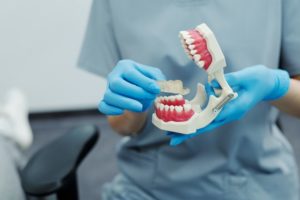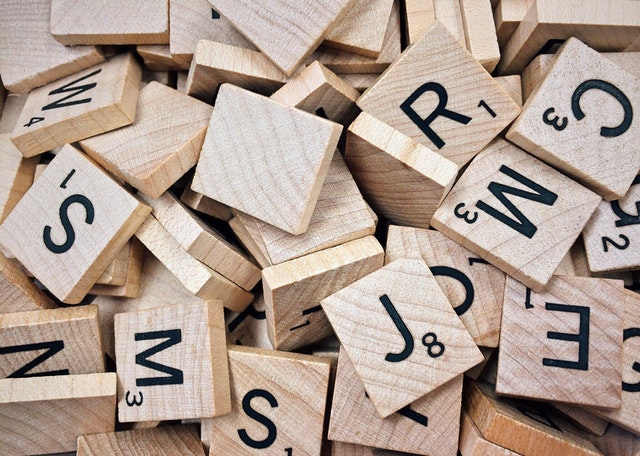Are you tired of feeling overwhelmed and unprepared for exams? Do you find yourself struggling to stay focused while studying? Well, fear not. In this blog post, we will be sharing some effective study tips that can help improve your focus, productivity and ultimately lead to academic success. Whether it’s creating a schedule or finding the perfect study space, implementing these tips into your routine will make studying less daunting and more enjoyable. So let’s dive in and get started on achieving those A’s.
Set a Schedule

Setting a schedule is crucial for effective studying. It helps you prioritize tasks, manage time efficiently, and reduce stress levels. To set up an effective schedule, start by creating a to-do list of all the tasks that need to be completed within a certain timeframe. If you take long on making your homework, you should know how to start doing your homework faster. Next, divide your study sessions into manageable chunks of time. This will help prevent burnout and improve retention rates. Be sure to include breaks between study sessions as well – this will allow you to recharge and return more focused and refreshed.
When setting up your schedule, consider the optimal times for studying based on personal preferences and energy levels. For example, if you’re a morning person, try scheduling longer study sessions in the morning when you feel most alert. Remember that schedules aren’t set in stone – they can always be adjusted as needed. The key is to find what works best for you and stick with it consistently over time. So grab a planner or calendar app and start mapping out your study schedule today.
Find a Study Space
The most critical factor in effective studying is finding a suitable study space. This means choosing an area that is conducive to learning and free from distractions. Firstly, consider where you feel most comfortable studying. It may be at home, in a library, or in a quiet café. Once you have established your preferred location, try to make it as distraction-free as possible. This could mean turning off your phone or avoiding areas with loud noises.
Another factor to consider is lighting and temperature. Make sure the lighting is adequate for reading and writing and that the room temperature is comfortable enough for long study sessions. It’s also helpful to have all necessary materials within reach, such as textbooks, notes, or stationary supplies, so that you don’t have to keep getting up every now and then just to grab something. Don’t forget about ergonomics. Sitting down hunched over your desk can lead to back problems later on, so make sure that you are seated comfortably with good posture.
Take Some Breaks
 Taking breaks is an essential part of effective studying. It’s easy to get caught up in the material, and taking a break will only hinder progress, but actually, it can increase productivity. When you take breaks, your brain has time to absorb the information you’ve been studying. …
Taking breaks is an essential part of effective studying. It’s easy to get caught up in the material, and taking a break will only hinder progress, but actually, it can increase productivity. When you take breaks, your brain has time to absorb the information you’ve been studying. …


 Dental assistants are one of the most important members of a dental team. They work closely with patients, providing support and assistance during procedures. Dental assistants also play a vital role in infection control and sterilization, and they are often responsible for scheduling appointments and handling insurance paperwork. If you are interested in becoming a dental assistant, you must complete a dental assisting program. Those interested can find these programs at community colleges, technical schools, and even some universities.
Dental assistants are one of the most important members of a dental team. They work closely with patients, providing support and assistance during procedures. Dental assistants also play a vital role in infection control and sterilization, and they are often responsible for scheduling appointments and handling insurance paperwork. If you are interested in becoming a dental assistant, you must complete a dental assisting program. Those interested can find these programs at community colleges, technical schools, and even some universities. Orthodontists straighten teeth and correct bites. They may use braces, retainers, or other devices to achieve their goal. Orthodontists must have a Doctor of Dental Surgery (DDS) or Doctor of Dental Medicine (DMD) degree and complete an orthodontic residency. If you are interested in becoming an orthodontist, consider pursuing a DDS or DMD degree and completing an orthodontic residency. The list of jobs available in dentistry is long and varied. The above are just a few of the most popular positions. When choosing a career in dentistry, it’s essential to consider your skills, interests, and goals. With so many options available, you’re sure to find a position that’s a perfect fit for you.…
Orthodontists straighten teeth and correct bites. They may use braces, retainers, or other devices to achieve their goal. Orthodontists must have a Doctor of Dental Surgery (DDS) or Doctor of Dental Medicine (DMD) degree and complete an orthodontic residency. If you are interested in becoming an orthodontist, consider pursuing a DDS or DMD degree and completing an orthodontic residency. The list of jobs available in dentistry is long and varied. The above are just a few of the most popular positions. When choosing a career in dentistry, it’s essential to consider your skills, interests, and goals. With so many options available, you’re sure to find a position that’s a perfect fit for you.…